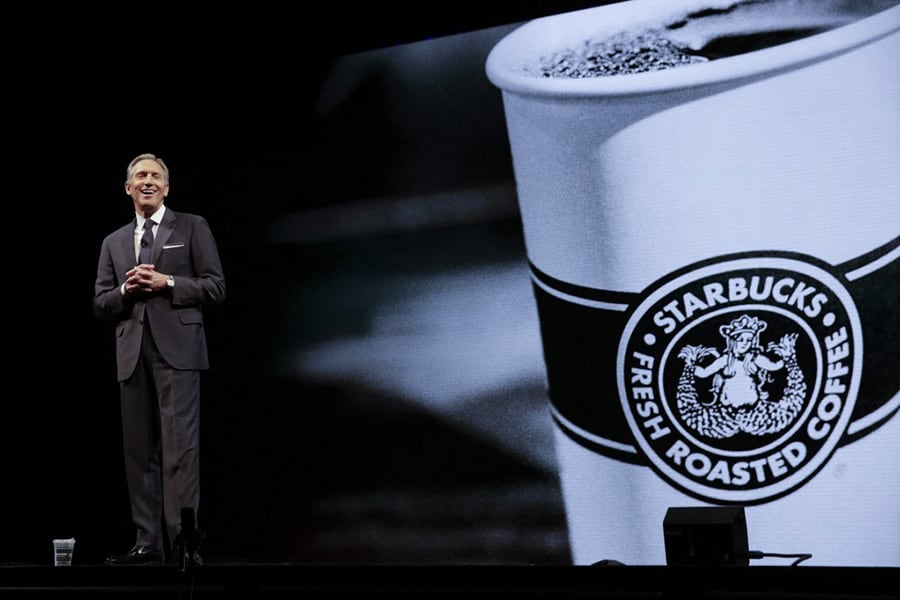
Starbucks CEO retires; Howard Schultz steps in as interim chief executive
Kevin Johnson managed to lead the company to robust revenue and growth amid the pandemic, but amid the recent employee or 'partner' protests against work conditions, in an abrupt move Starbucks announced his retirement after 13 years at the company, six as CEO
 After stepping down as chief executive in 2000, Howard Schultz, 68, returned as CEO from 2008 to 2017, when Johnson took over and Schultz became executive chairman. Schultz will also rejoin the company’s board
Image: Jason Redmond / AFP
After stepping down as chief executive in 2000, Howard Schultz, 68, returned as CEO from 2008 to 2017, when Johnson took over and Schultz became executive chairman. Schultz will also rejoin the company’s board
Image: Jason Redmond / AFP
For the past two years, even as the pandemic shut down key markets and created supply shortages, Kevin Johnson, the chief executive of Starbucks, managed to lead the company to robust revenue and profit growth.
But in recent months, those operational and financial successes have been overshadowed by a wave of employees — “partners” in Starbucks parlance — who have taken to social media to criticize work conditions and raise other issues at the chain. As a result, more than 100 Starbucks stores in more than 25 states have filed for union elections. Many either have begun to vote or are likely to vote in the coming months. At least six have voted to unionize.
On Wednesday, in an abrupt move, Starbucks said Johnson, who has held the job since 2017, will retire on April 4 after 13 years with the company.
His interim replacement until the board of directors names a permanent one is a familiar name: Howard Schultz.
Schultz, 68, joined Starbucks in the 1980s and built it into a global coffee giant. And this isn’t the first time he has come back to oversee the company. After stepping down as chief executive in 2000, he returned as CEO from 2008 to 2017, when Johnson took over and Schultz became executive chairman. Schultz will also rejoin the company’s board. Shares of Starbucks rose 4.8% to $87.10 on Wednesday.
©2019 New York Times News Service







